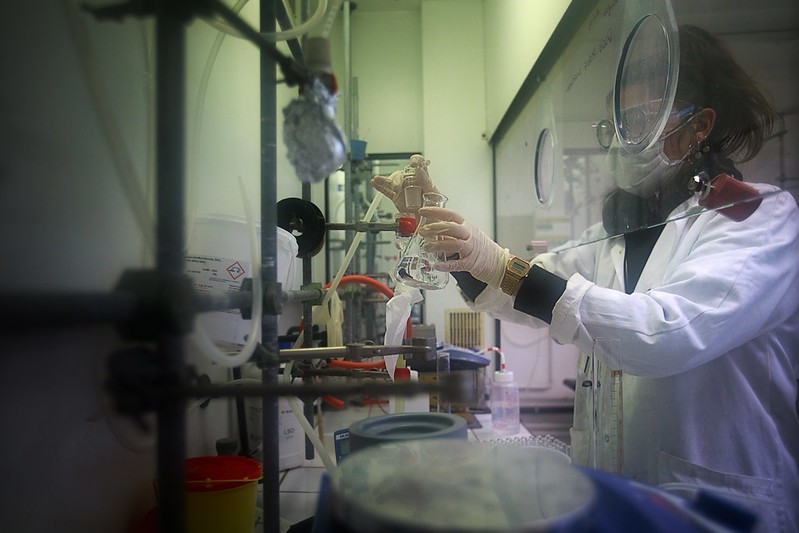- Home
- Department of Chemistry
- Research Areas
- Organometallic Chemistry and Circular Chemistry
- Biomass and Plastics Reforming
Biomass and plastics reforming
Biomass (organic matter of plant origin) is a tremendous resource - often renewable - for developing alternatives to the fossil fuels from which chemistry is largely derived. Solutions for transforming it into useful molecular building blocks for fine chemicals - and energy - are among the priorities needed for the transition. Electrochemistry and photochemistry are two modern techniques for selectively carrying out these transformations at low energy costs. We work with waste from biomass (wood, food waste) and the plastics industry, and are developing breakthrough methods and processes, both fundamental and industrial.
1. Photo-reforming alcoholic residues to produce hydrogen
2. Photochemical cross-coupling of carboxylic acids
3. Electrochemical depolymerization of lignin
4. Conversion of plastics to low molecular weight carboxylic acids
5. Catalytic reduction of oxygenated aromatics from biomass with abundant metals

Faculty contacts
| Audrey Auffrant (subject 5) | Grégory Danoun (subjects 1 et 2) |
| Grégory Nocton (subject 4) | Cédric Tard (subject 3) |
 Support l'X
Support l'X